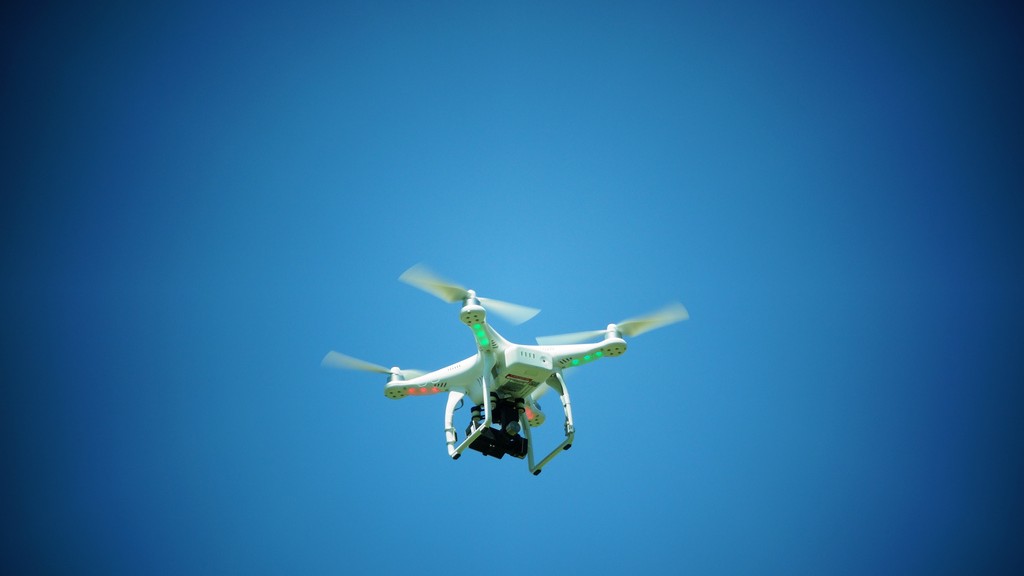Lots of airport related news or a rather slow week? We normally give you this answer straight away, but this week, we’re simply presenting you our headlines – you be the judge:
- Drone worries in Manchester & Washington
- Costa Rica closes airport due to volcanic ash
- The price you pay for water at airports
Civil drones are fabulous things: they allow photographers to unparalleled views, help fire fighters find residue fires or help police control crowds. But drones of hobbyist pilots are increasingly becoming an issue for civil aviation. This week saw two reports from two different parts of the world about such potential problems: First up was Manchester in England where The Telegraph reported that Manchester airport (MAN) suspended flights on one of its runways for 20 minutes after members of the public reported spotting a drone. According to the article the runway was suspended for around 20 minutes and four inbound flights were diverted to nearby Liverpool and East Midlands airports. In the same article John Mayhew, air traffic control company Nats’ general manager at Manchester Airport, said: “Flying drones in the close vicinity to any airport without permission is completely unacceptable, with the reported sighting causing delays to inbound and outbound traffic and the diversion of a small number aircraft to other airports.”
Then on Thursday ABC 7 reported of a close call between a drone and a landing plane in the United States. The Federal Aviation Administration said it was investigating a close call Thursday between a drone and a plane landing at Dulles International Airport (IAD). The crew of a jetliner reported seeing an unmanned aircraft while on approach to one of the airport’s runways around 11 a.m.
The pilot of Trans States Airlines Flight 3340 said the drone was flying at an altitude of about 1,000 feet and was roughly three to four miles from the airport.
Moving on to our next topic: Volcanic ash. On Friday we heard via Reuters that authorities in Costa Rica temporarily closed the airport in the capital city San Jose on Thursday after the eruption of the Turrialba volcano, the company which operates the airport said. The volcano spewed gas and ash over various parts of San Jose, some 31 miles (50 km) from Turrialba, including the Juan Santamaria International Airport (SJO). Ash can affect the safety of flights during takeoff and landing.
And to finish the week off, this interesting article from The Wall Street Journal: the author asked the question why food & drinks cost so much once you’re past security. First he analysed the prices of various items. For example water at U.S. airport where a 20-ounce bottle (590ml) of Dasani, which is priced at 99 cents at convenience stores, ranges from $1.99 at Seattle-Tacoma International Airport (SEA) to $2.89 at JFK. Prices run as high as $4.99 plus tax for a one-liter bottle of Smartwater at either New York airport. So why is that? Well, the answer – as so often – is a bit complicated. Most airports, according to the article, price their items at street price plus a certain percentage which gets imposed by the airports. There are other aspects as well, for example even though you can bring empty bottles through security and fill them afterwards, most people find it more convenient to simply buy a bottle. Demand-based prices therefore apply.
That’s is for this week – safe travels!
[Photo Credit: the waving cat via Compfight cc]

